Hey Huskies!! Here is our weekly agenda! Please come out and support our Veterans on Tuesday Morning! Have a great week Huskies!!
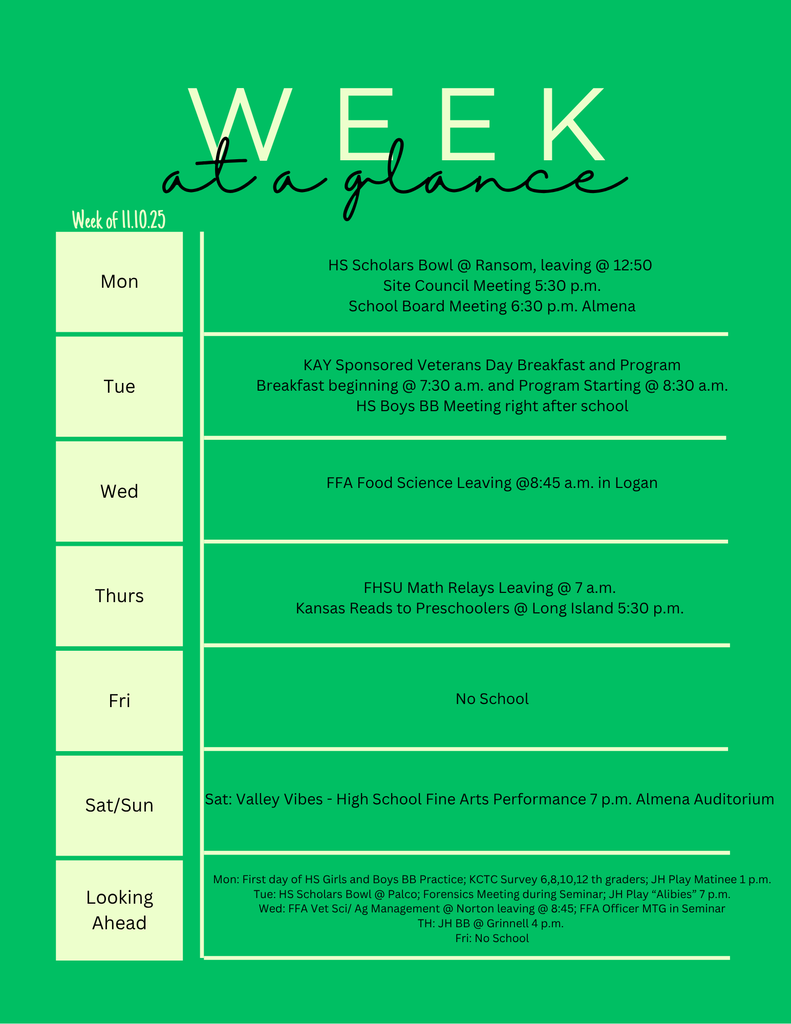
The Veterans Day program is next Tuesday, beginning at 8:30 with Colonel Kerry Davis as the guest speaker. Please invite any active military or veteran to join us for breakfast beginning at 7:30. ❤️🤍💙
These students auditioned and made it into the Northwest District KMEA JH honor band and choir! Their performance will be this Saturday at 3:30 at the Stull Gymnasium in Norton. Admission is $5.00, students are free.
(Front to back, left to right)
Avreigh McCue, Soprano
Cambrie Sproul, Alto
Rowan Bremer, Soprano
Annika McKinney, Alto
Asher VanPatten, Trombone
Tayah Seeders, Soprano
(Front to back, left to right)
Avreigh McCue, Soprano
Cambrie Sproul, Alto
Rowan Bremer, Soprano
Annika McKinney, Alto
Asher VanPatten, Trombone
Tayah Seeders, Soprano
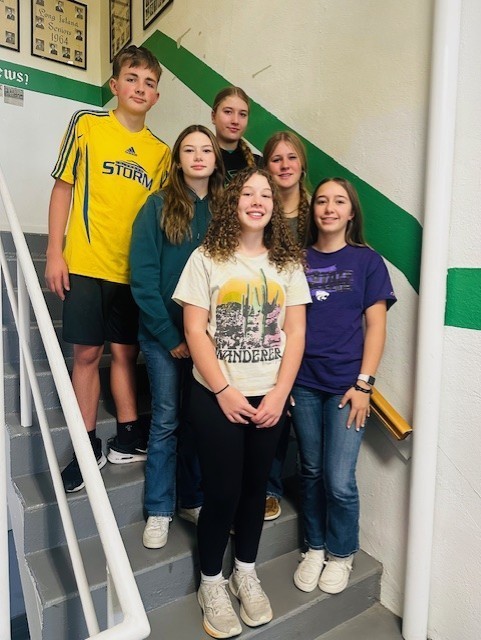
NCCF's 10th Annual Match Month is here!

Good Morning Huskies!! Here is your weekly agenda! We hope you have a beautiful first week of November! Good luck to the High School Scholars Bowl Team in their first week of competition!
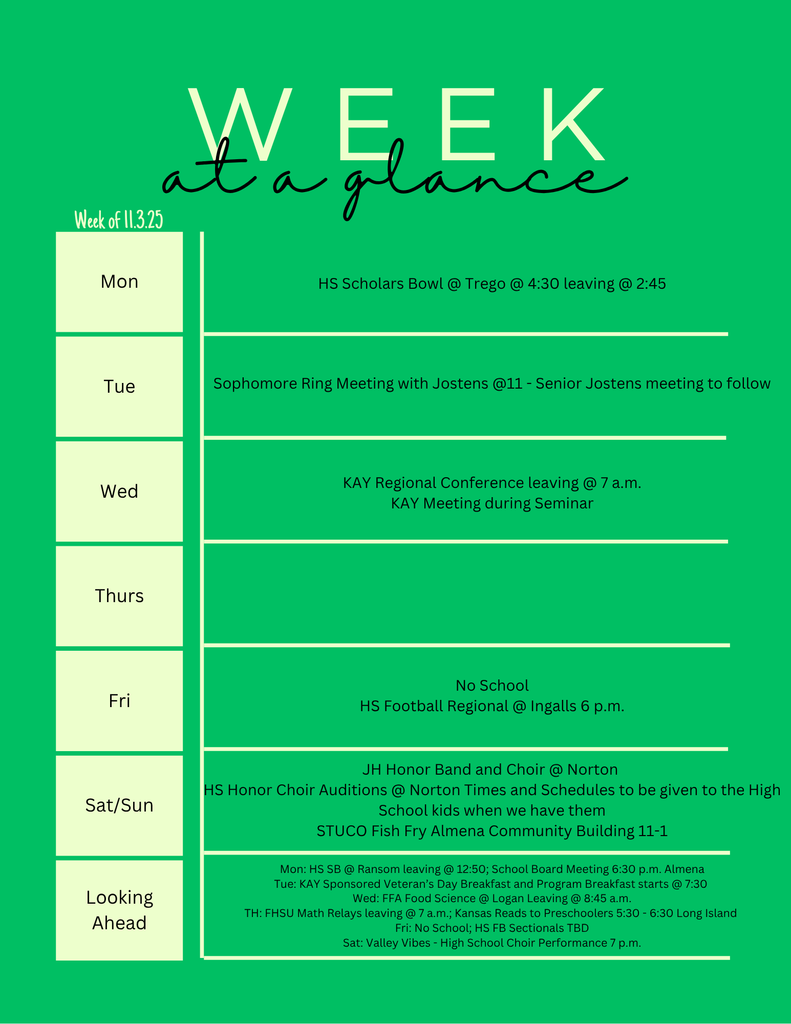
UPDATED!!!
Hey Huskies!! Man, has it looked like October the last few days!! We hope you have a great week!! This week is a little slower here in the Valley. Enjoy the beautiful leaves and extra time with Family!
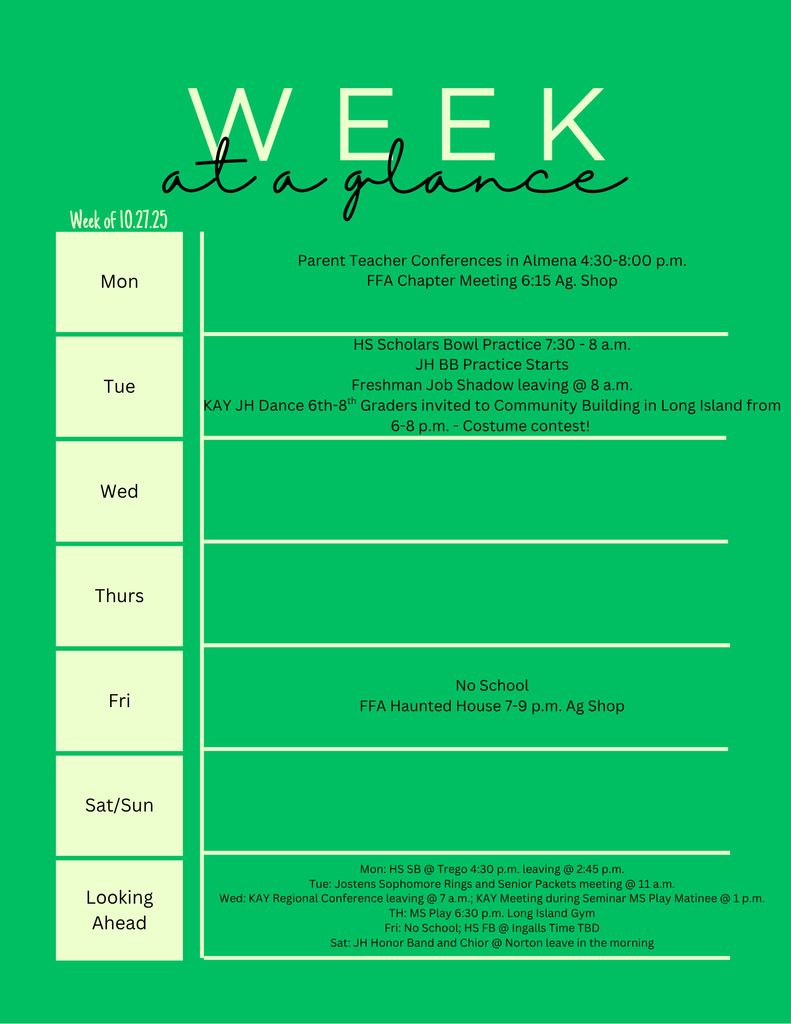
Hey Husky Fans!! Here is the JH WKLL VB Tourney order of play for Thursday. Play starts at 10, and we have the 1st and 3rd game in pool play. All 7th and 8th grade boys and girls will be going to the tournament. Lunches will be provided for the kids, but send them with some concession stand money! The Boys will stay for the entire tournament to cheer the girls on! Good Luck Huskies!!
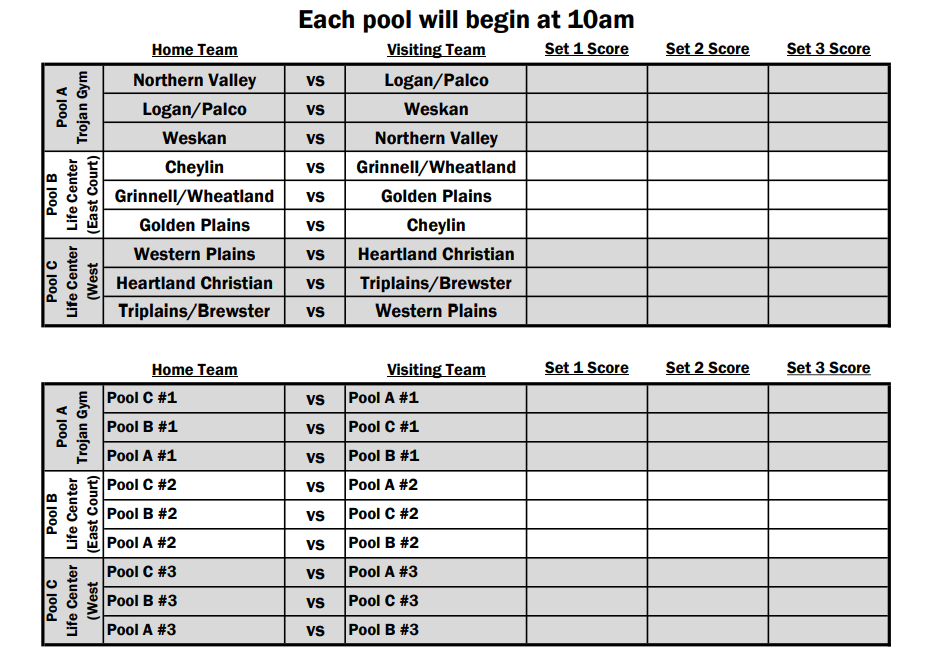
Hey Huskies!! Here is your weekly agenda!! Monday is the first Monday of Parent Teacher Conferences! We hope to see you all out either the 20th or the 27th! HS VB Starts post-season play on Tuesday night. No regular-season passes work to get in. We hope you have a wonderful week!!
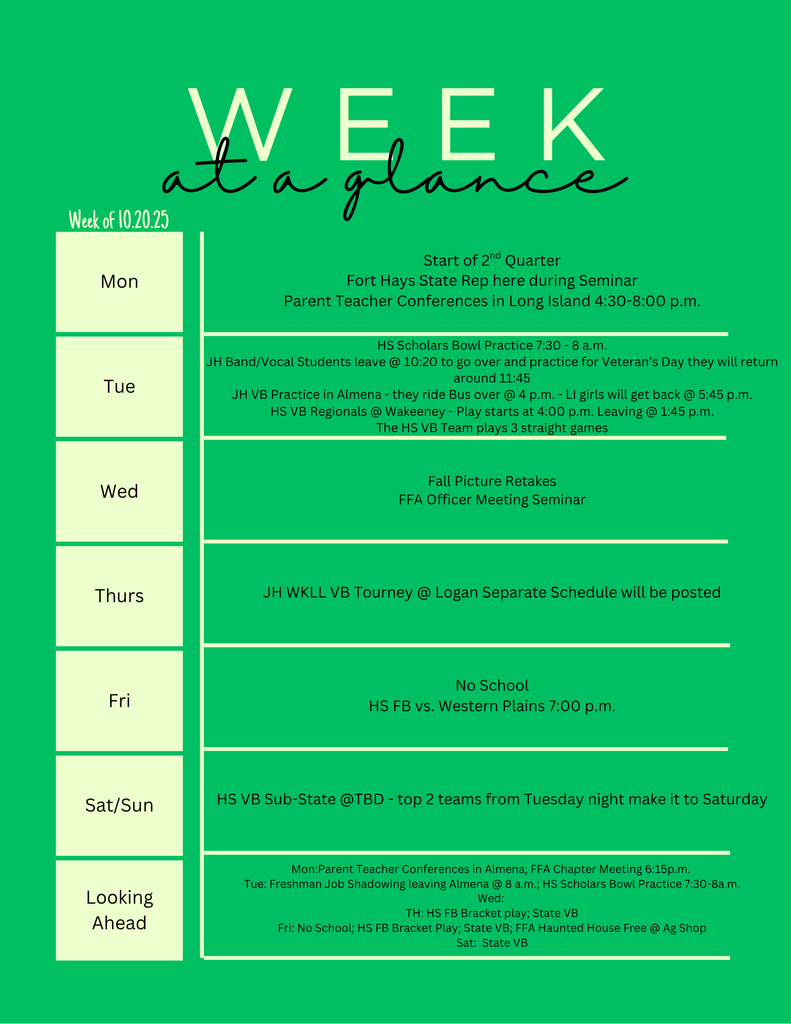
Hey guys!! Here is our summary for the last two weeks:
10.2.25 NV Vs. Triplains Brewster
The MS Huskies have been blessed this year to get to host at home so much. Thursday October 2nd, Triplains Brewster and Heartland Christian traveled to the Valley and the Valley walked away with 4 wins!! Both A Team and B Team won both of their games! It was a fun, long night and the Huskies showed a ton of resilience. The Huskies came out firing in the first set to take it 25-10. The Girls served so well against Triplains Brewster and we walked away with a team high in aces! The Lady Titans went on several runs in the second set and really tested the Huskies' ability to play defense! The Huskies stayed focused and finished out the second set on top. The Huskies' confidence and serving helped their 6-2 run smoothly and it was a fun night of volleyball.
Scores: A team 25-10, 27-25 WIN! B team 15-7, 15-9 WIN
Stats:
Aces- Cambrie Sproul 7, Inez Schemper 7, Rowan Bremer 1
Setting- Cambrie Sproul 2, Inez Schemper 1
Hitting- Inez Schemper 2, Tayah Seeders 2, Annika McKinney1, Cambrie Sproul 1
Serve Receive Percentage: Tayah Seeders 2.7, Inez Schemper 2.3, Annika McKinney 1.9, Rowan Bremer 1.8
10.2.25 NV Vs. Heartland Christian
Heartland Christian traveled to the Valley on the same night as the Titans to give the Huskies their first taste of the year at a Triangular. The Huskies again served extremely well and were able to also win both A Team and B Team Games. The girls were focused and fierce! We passed well and served even better. The B team girls had to show a ton of patience as they handed over the second set to Heartland, and had to play a 3rd set for the first time this year. They toughed it out and finished with some great serving!
Scores: A team 25-20, 25-19 WIN B Team 15-9, 8-15, 15-13 WIN
Stats:
Aces- Cambrie Sproul 7, Annika McKinney 4, Avreigh McCue 2, Inez Schemper 1, Rowan Bremer 1
Setting- Inez Schemper 2, Cambrie Sproul 1
Hitting- Cambrie Sproul 3, Annika McKinney 2, Inez Schemper 2, Tayah Seeders 1
Serve Receive Percentage: Tayah Seeders 2.5, Cambrie Sproul 2.2, Ryelyn Cox 2.1, Inez Schemper 2.1, Annika McKinney 1.8
10.9.25 NV Vs. Thunder Ridge
The Longhorns came over to the Valley for the first time since I have been coaching. They were an excellent passing team and even though our serving was top notch The Longhorns came out on top. The Huskies just didn't pass as well and let a few more balls drop against Thunder Ridge than we have in the last 3 weeks. We know we have to have a greater control over what we can control, and go for every ball! We will work on not dropping balls and finishing the regular season before League tournament with better communication and maximum amounts of Bravery!
Scores: A Team 22-25, 25-20, 11-25 Lost B Team 11-25, 23-25 Lost
Stats:
Aces- Cambrie Sproul 2, Inez Schemper 1, Avreigh McCue 1, Anikka McKinney 1
Setting-Inez Schemper 2
Hitting- Annika McKinney 4, Cambrie Sproul 3, Tayah Seeders 1
Serve Receive Percentage: Inez Schemper 2.1, Rowan Bremer 1.9
10.2.25 NV Vs. Triplains Brewster
The MS Huskies have been blessed this year to get to host at home so much. Thursday October 2nd, Triplains Brewster and Heartland Christian traveled to the Valley and the Valley walked away with 4 wins!! Both A Team and B Team won both of their games! It was a fun, long night and the Huskies showed a ton of resilience. The Huskies came out firing in the first set to take it 25-10. The Girls served so well against Triplains Brewster and we walked away with a team high in aces! The Lady Titans went on several runs in the second set and really tested the Huskies' ability to play defense! The Huskies stayed focused and finished out the second set on top. The Huskies' confidence and serving helped their 6-2 run smoothly and it was a fun night of volleyball.
Scores: A team 25-10, 27-25 WIN! B team 15-7, 15-9 WIN
Stats:
Aces- Cambrie Sproul 7, Inez Schemper 7, Rowan Bremer 1
Setting- Cambrie Sproul 2, Inez Schemper 1
Hitting- Inez Schemper 2, Tayah Seeders 2, Annika McKinney1, Cambrie Sproul 1
Serve Receive Percentage: Tayah Seeders 2.7, Inez Schemper 2.3, Annika McKinney 1.9, Rowan Bremer 1.8
10.2.25 NV Vs. Heartland Christian
Heartland Christian traveled to the Valley on the same night as the Titans to give the Huskies their first taste of the year at a Triangular. The Huskies again served extremely well and were able to also win both A Team and B Team Games. The girls were focused and fierce! We passed well and served even better. The B team girls had to show a ton of patience as they handed over the second set to Heartland, and had to play a 3rd set for the first time this year. They toughed it out and finished with some great serving!
Scores: A team 25-20, 25-19 WIN B Team 15-9, 8-15, 15-13 WIN
Stats:
Aces- Cambrie Sproul 7, Annika McKinney 4, Avreigh McCue 2, Inez Schemper 1, Rowan Bremer 1
Setting- Inez Schemper 2, Cambrie Sproul 1
Hitting- Cambrie Sproul 3, Annika McKinney 2, Inez Schemper 2, Tayah Seeders 1
Serve Receive Percentage: Tayah Seeders 2.5, Cambrie Sproul 2.2, Ryelyn Cox 2.1, Inez Schemper 2.1, Annika McKinney 1.8
10.9.25 NV Vs. Thunder Ridge
The Longhorns came over to the Valley for the first time since I have been coaching. They were an excellent passing team and even though our serving was top notch The Longhorns came out on top. The Huskies just didn't pass as well and let a few more balls drop against Thunder Ridge than we have in the last 3 weeks. We know we have to have a greater control over what we can control, and go for every ball! We will work on not dropping balls and finishing the regular season before League tournament with better communication and maximum amounts of Bravery!
Scores: A Team 22-25, 25-20, 11-25 Lost B Team 11-25, 23-25 Lost
Stats:
Aces- Cambrie Sproul 2, Inez Schemper 1, Avreigh McCue 1, Anikka McKinney 1
Setting-Inez Schemper 2
Hitting- Annika McKinney 4, Cambrie Sproul 3, Tayah Seeders 1
Serve Receive Percentage: Inez Schemper 2.1, Rowan Bremer 1.9
Hey Huskies! Here is our Weekly Agenda for 10.13.25. We hope you enjoy this beautiful week of fall!! Tuesday night we have home HS VB Games!! Wear your Pink for Pink Out and come support the Seniors VB Players for Senior Night!
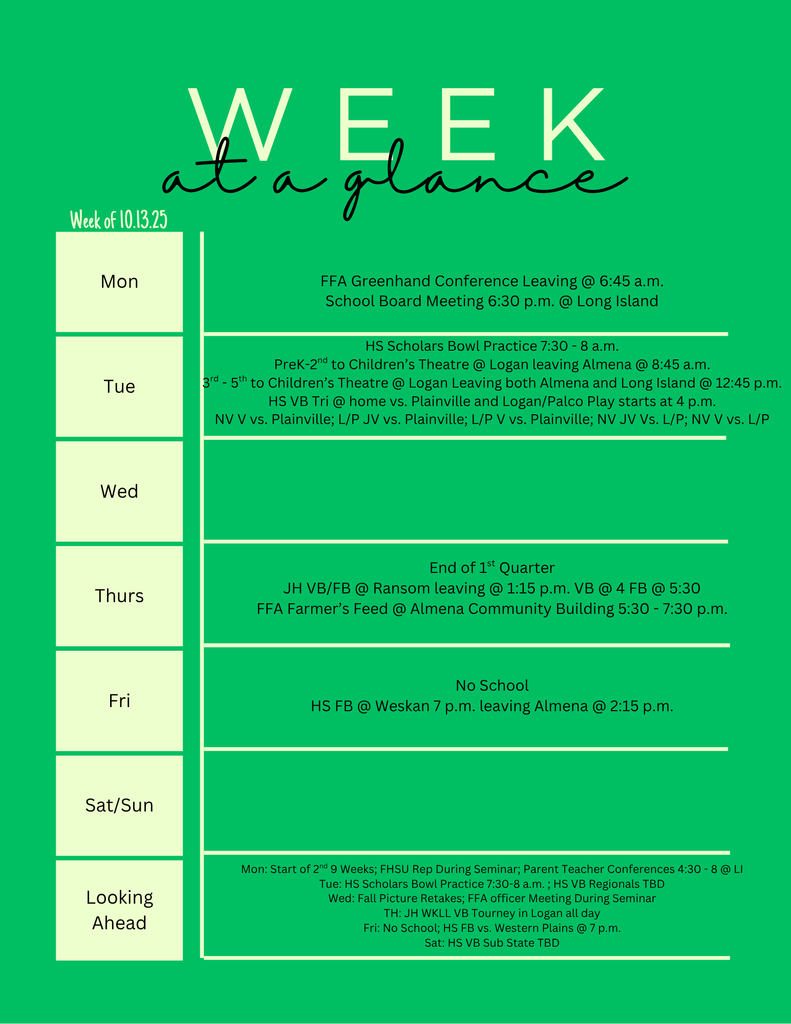
School Picture Day is tomorrow! Bring your best smile and outfit!!

Hello Huskies!! Here is your weekly agenda for 10.6.25. Fall Pictures are Wednesday!! We have a home HS VB Tri on Tuesday and our last Home games for JH VB/FB on Thursday!! We hope to see you at both!!
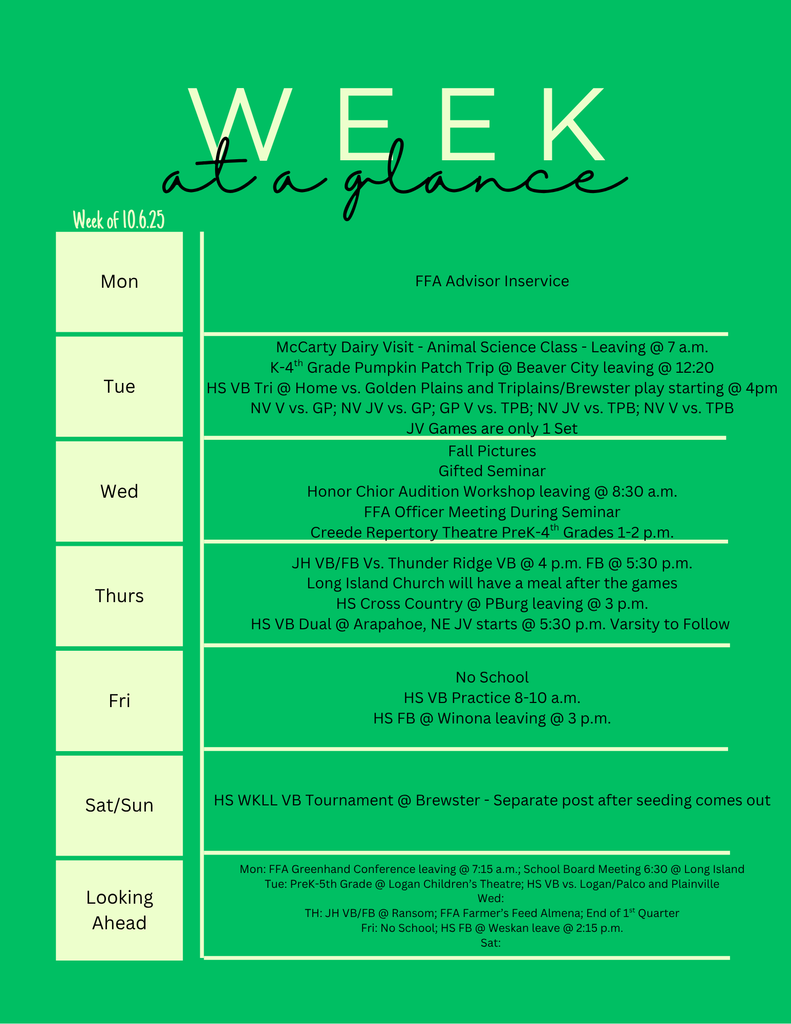
Join us for the Hot Dog Feed on Friday, courtesy of First National Bank and Trust

School picture day for
Northern Valley Schools
is
Wednesday, Oct. 8th, 2025
Proof viewing information will be emailed and sent home with students at a later date.
Retake Day scheduled for:
Wednesday, Oct. 22nd, 2025
Original images are deleted if the student has retakes.
You are receiving emails from Leann's Photos for
picture day announcements and access codes only.
No other purpose!
Northern Valley Schools
is
Wednesday, Oct. 8th, 2025
Proof viewing information will be emailed and sent home with students at a later date.
Retake Day scheduled for:
Wednesday, Oct. 22nd, 2025
Original images are deleted if the student has retakes.
You are receiving emails from Leann's Photos for
picture day announcements and access codes only.
No other purpose!
Hey Huskies!! Here is our Weekly Agenda! Busy week here in the Valley. If you guys have questions just reach out!! Have a great week!! Go Big Green!!!
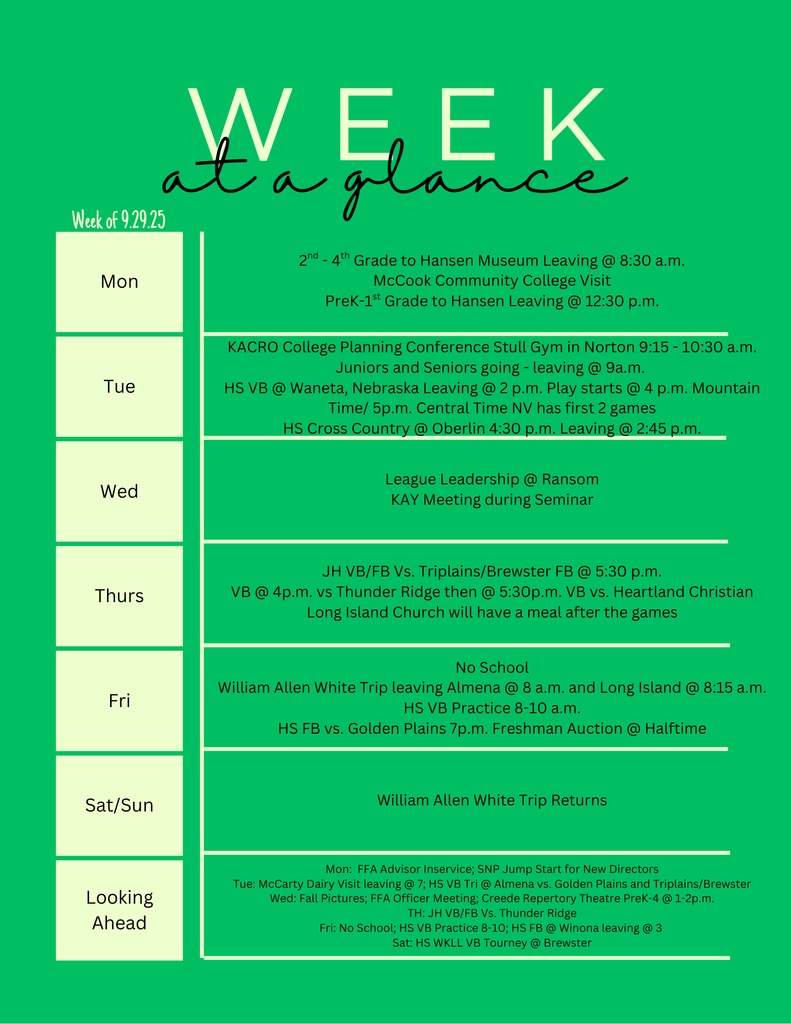
Here are some additional photos taken by community members during last week's homecoming parade. If you have any other pictures that you would like posted from last week, please give the office a call, and we will help you get them to the correct person and get them posted! Go Green!!!
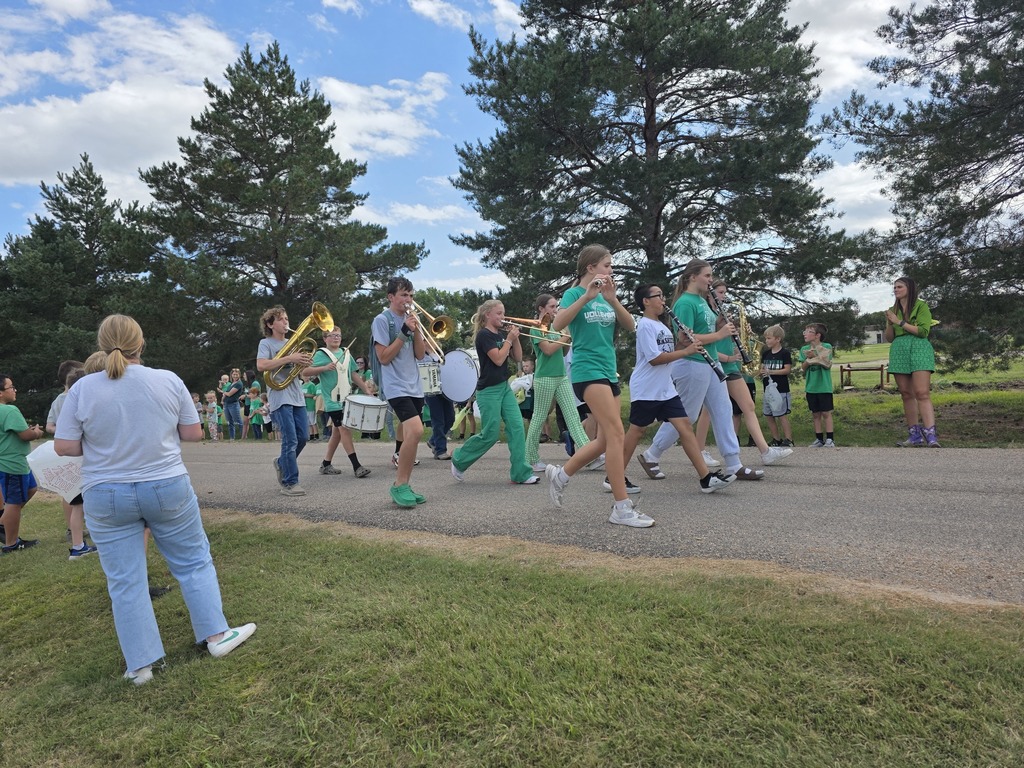
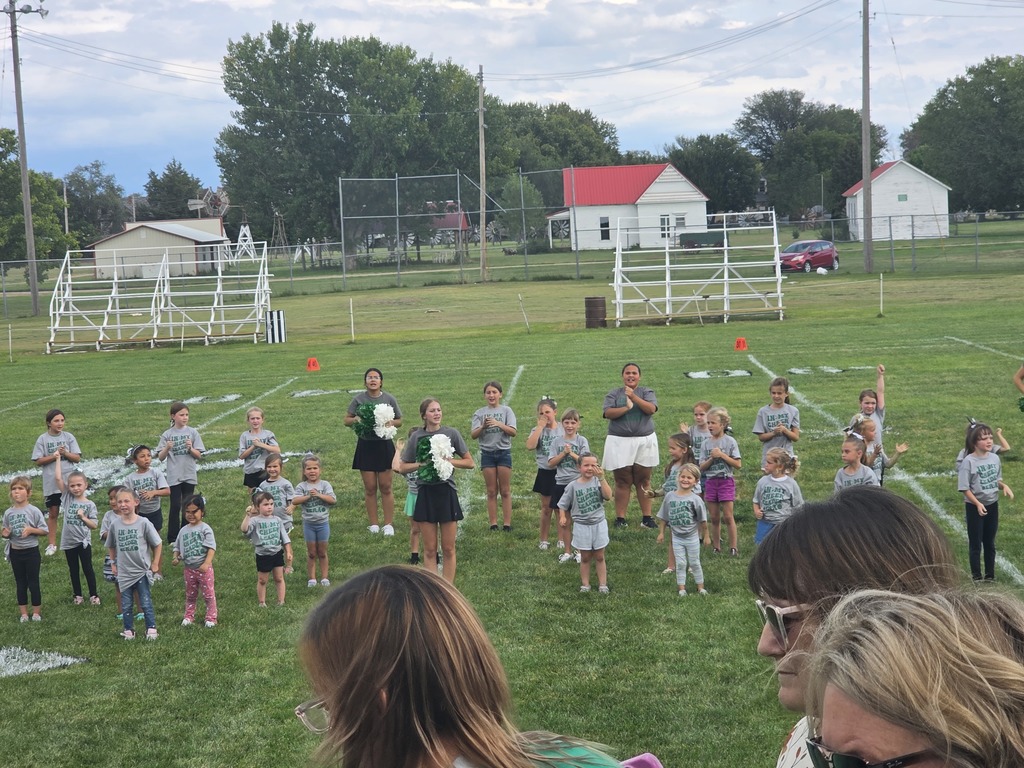
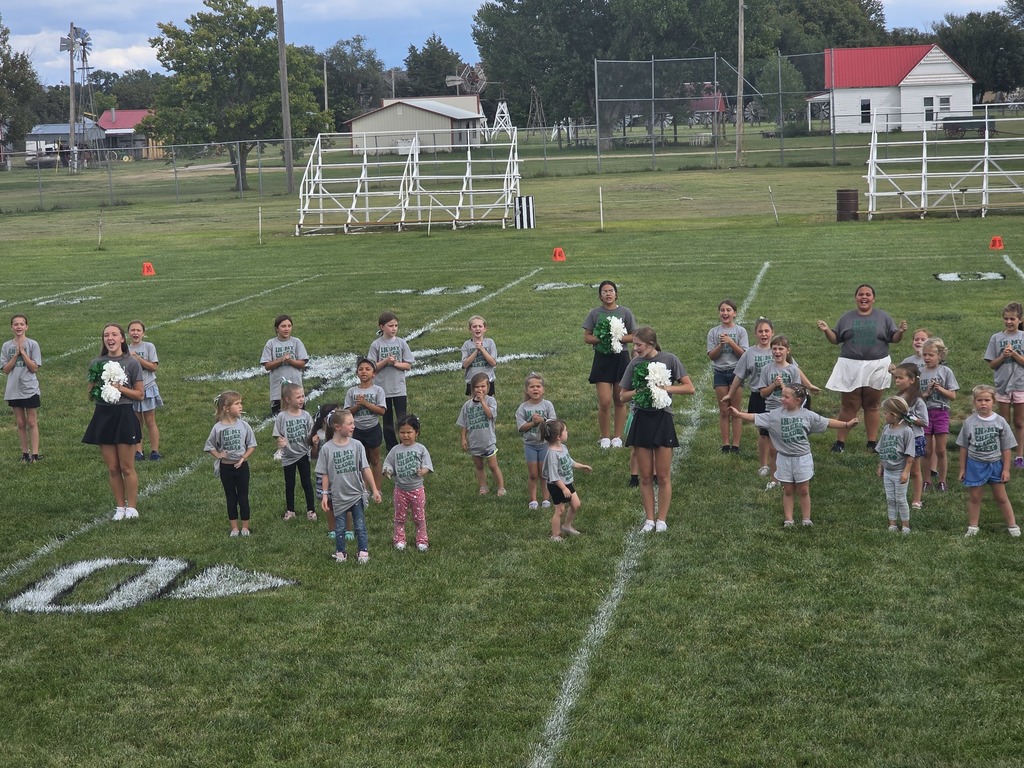
Here are some pictures of the homecoming parade that some community members sent in to us. There is more to be posted!

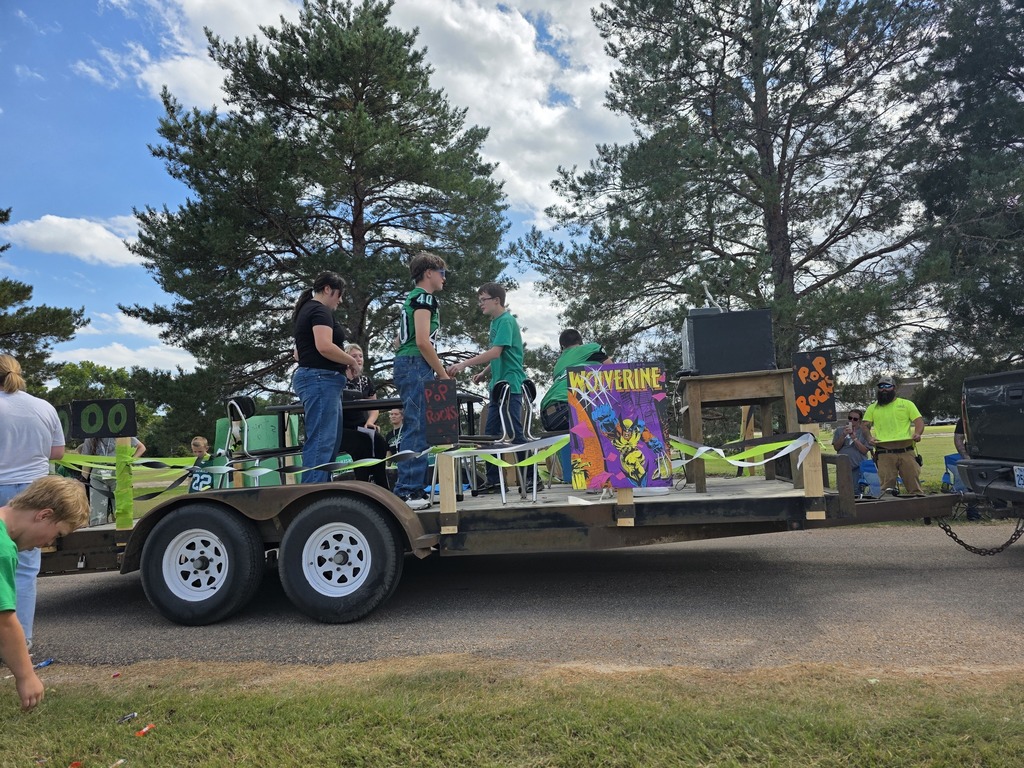
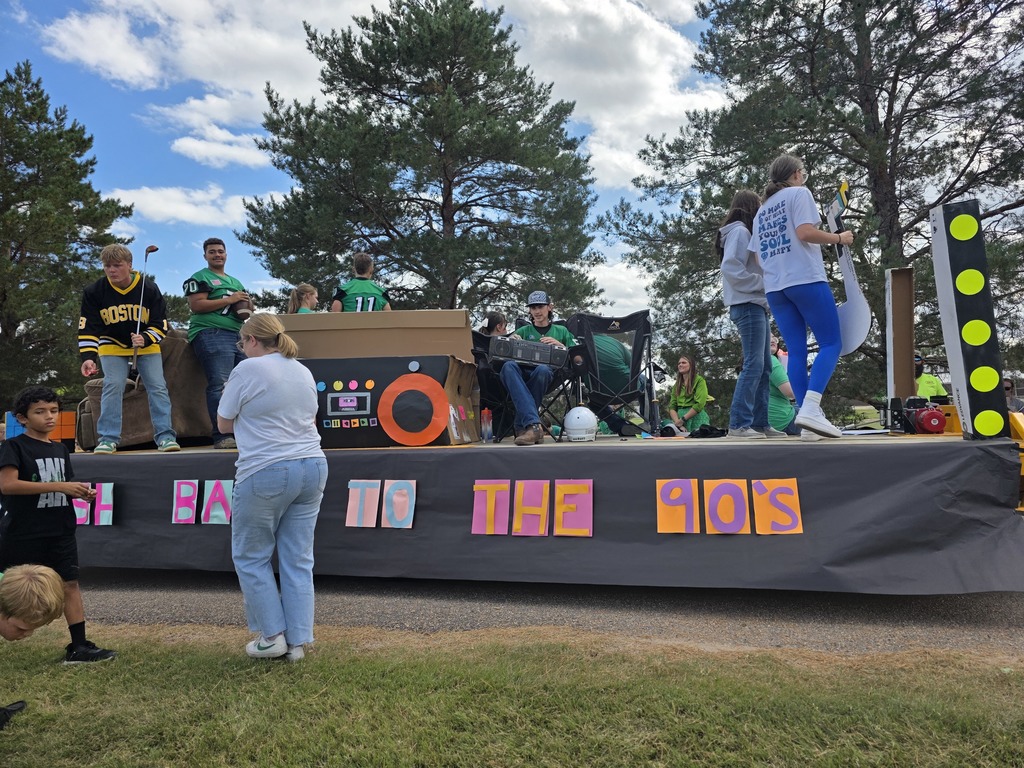
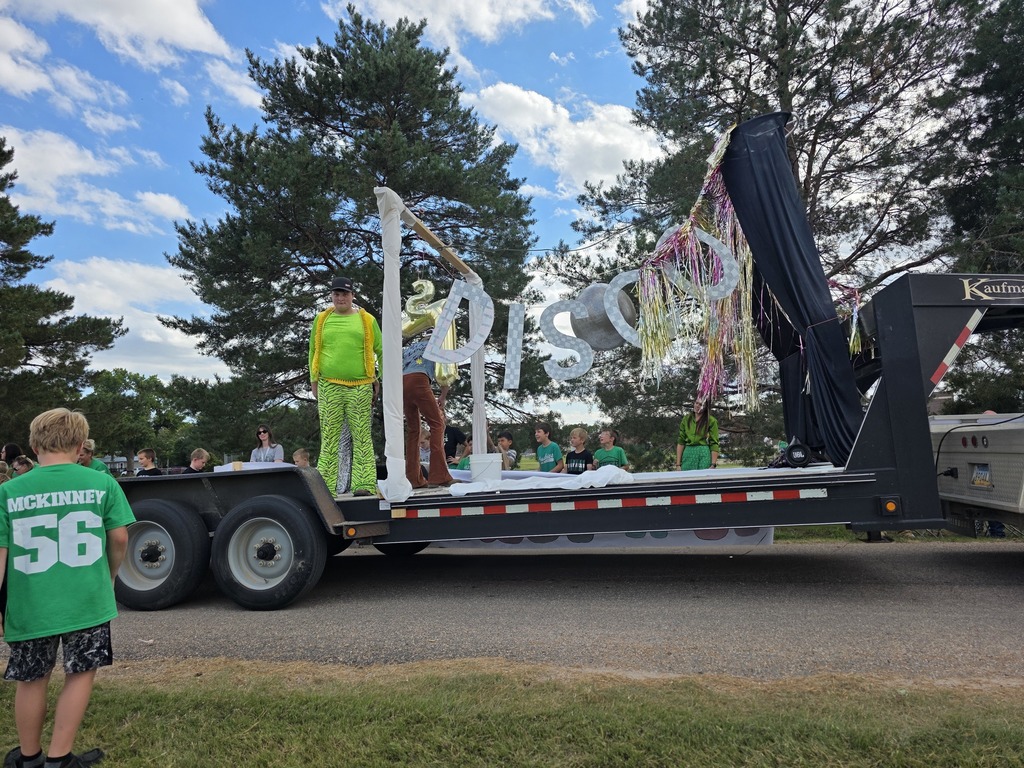
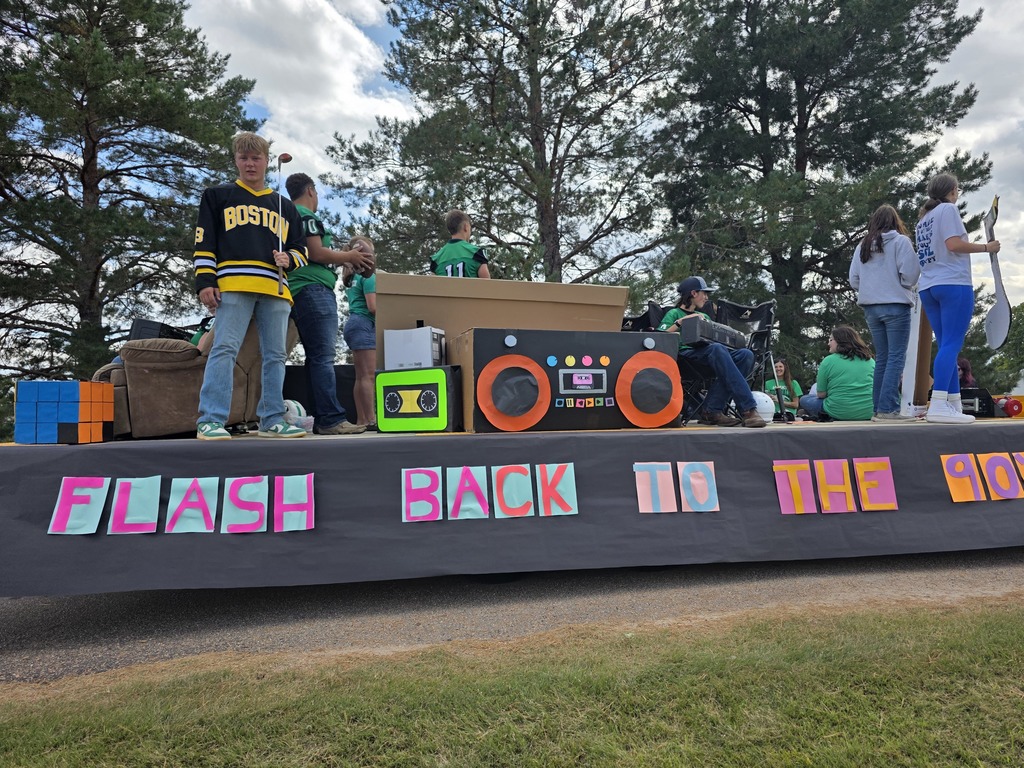




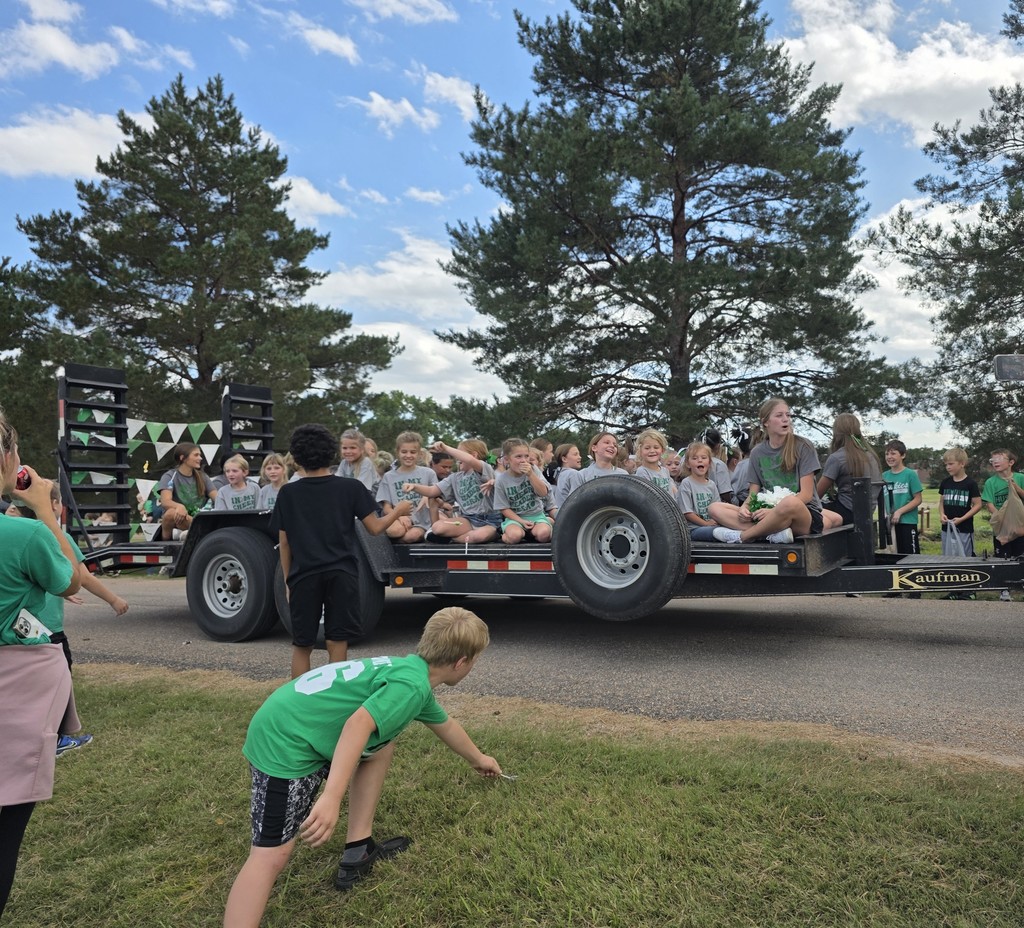
Hey Huskies!! Sorry this is late but here is your weekly agenda! We are taking several trips this week with our students to check out some amazing things offered very close to home. We hope you all have a wonderful week!
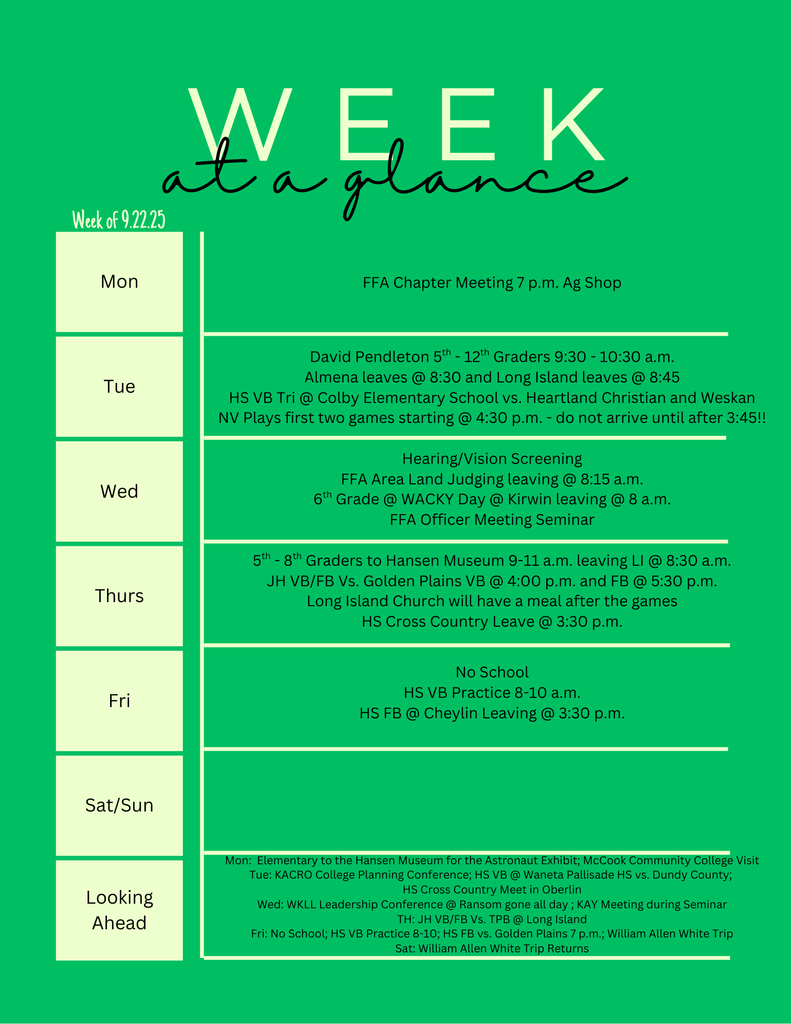
Hey Huskies!! Here is the link to the Husky Gear Sale through BSN. It is non-sport specific and we have polos, t-shirts, crewnecks, and hoodies!! Go grab yourself some Husky Gear!!
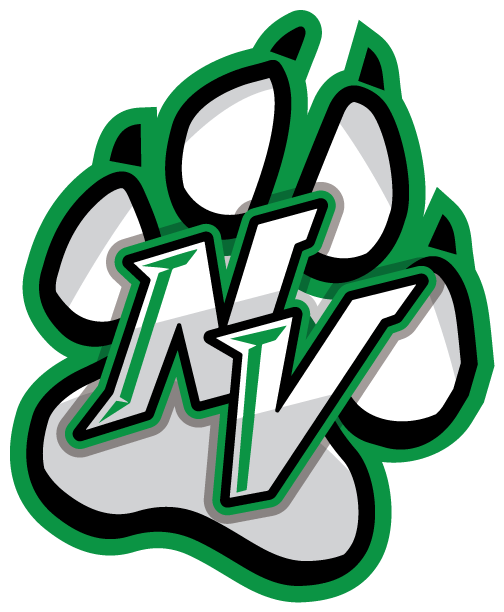
Post Prom Sloppy Joe Feed on the 19th at the High School home football game at 6 PM. Free will donation, but a minimum of $5 per plate is appreciated!

